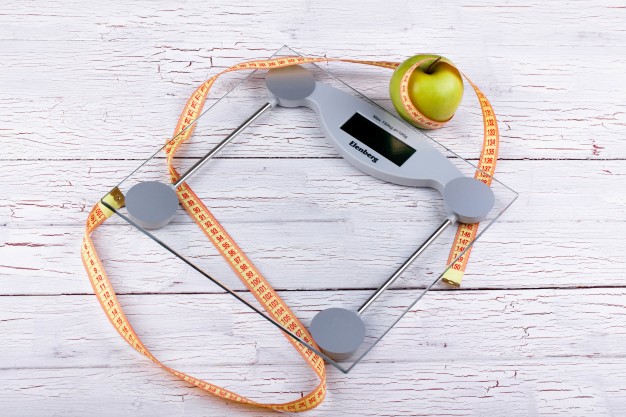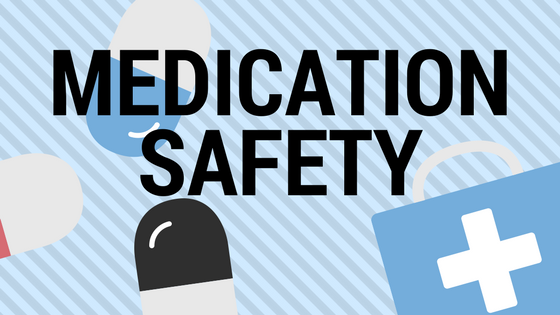Weight Bias
Weight bias is defined as negative perception of individuals with either extreme of weights. It is quite pervasive in everyday life and surprisingly remains a socially acceptable form of prejudice .Despite the implications, it is hardly ever challenged.
The etiology of obesity—defined as a body mass index (BMI) equal to or greater than 30kg/m2—is complex chronic, multifactorial disease which cannot be fixed by a simple pill. It is definitely not the sum total of “calories in, calories out”. For example, 25% to 50% is contributed by hereditary .Add to this-Environmental factors such as socioeconomic status, education, food availability, and marketing and now we have a tough to resolve conundrum.
Most people think obesity can be prevented by self-control and that individual non-compliance explains failure at weight-loss. It is almost like obesity is perceived to be a choice and not a serious chronic multifactorial disease that it is.
Even if somebody succeeds to lose some weight with aggressive diets, maintaining it is a major challenge since the body adjusts to lower metabolic rate. It is almost like your body sabotages to get you back to your original weight. It is important to understand that even 5–10% of body weight lost can give remarkable health benefits but commercial weight loss programs have made it all about reaching certain targets even if it is hard to maintain it. We abuse our bodies with all sorts of fad diets that go completely against the nature. The fact remains that we don’t know enough about obesity yet and how to tackle it. I read a fabulous article in Huffington post which compared it with times when we did not know what to do for simple thing like scurvy for almost forty years.
Obesity is significantly associated with a several negative health outcomes like diabetes, heart disease, sleep apnea ,depression and certain cancers to name a few. However, the stigma of obesity is a prominent factor that may contribute to and exacerbate some of the associated mental and physical issues. Experiencing weight bias can result in the avoidance of exercise in public for fear of being shamed for their weight and avoidance of seeking health care.
Weight is often viewed as a proxy for health and beauty. Even the public campaigns are more geared toward weight loss rather than gaining health. This needs to definitely change.
The Obesity society proposes following measures for health care workers to start:
How Can Weight Stigma Be Reduced?
- Consider that patients may have had negative experiences with other health professionals regarding their weight, and approach patients with sensitivity.
- Recognize the complex etiology of obesity, and communicate this to colleagues and patients to avoid stereotypes that obesity is attributable to personal willpower.
- Explore all causes of presenting problems, not just weight.
- Recognize that many patients have tried to lose weight repeatedly.
- Emphasize behavior changes rather than just the number on the scale.
- Offer concrete advice (eg, start an exercise program, eat at home, etc, rather than simply saying, “You need to lose weight”).
- Acknowledge the difficulty of lifestyle changes.
- Recognize that small weight losses can result in significant health gains.
- Create a supportive health care environment with large, armless chairs in waiting rooms, appropriately-sized medical equipment and patient gowns, and friendly patient reading material




Add Comment